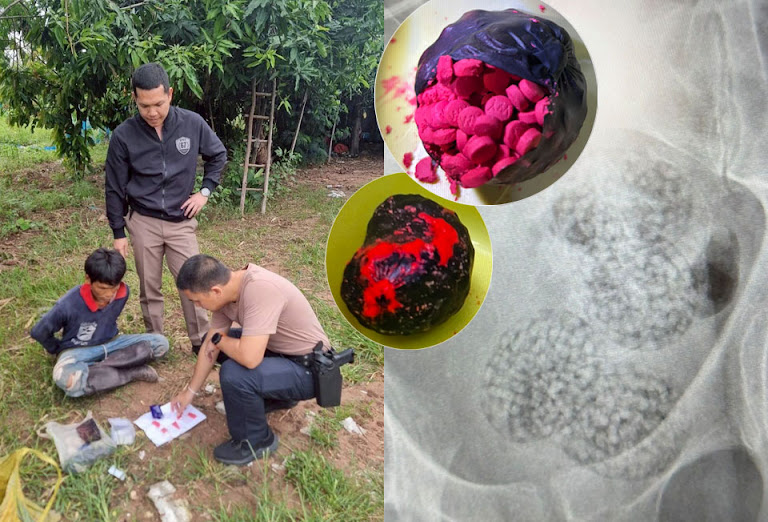Thailand Drug Ring Snares Austrian Tourist; He Swallows Pills.
Investigation reveals a trafficking network exploiting vulnerable tourists like Wolfgang, who ingested 1,000 methamphetamine pills, highlighting systemic failures.

The case of Wolfgang, a 43-year-old Austrian citizen who suffered seizures at Don Mueang Airport after ingesting over 1,000 methamphetamine pills, offers a stark illustration of the complex and often tragic intersection of globalization, drug trafficking, and individual desperation. As detailed in these recent findings, Thai authorities have launched a full-scale investigation, expanding their probe to dismantle the drug trafficking network operating in the northeastern region of Thailand that supplied Wolfgang. But the story goes far beyond a single arrest. It exposes vulnerabilities inherent in our interconnected world and prompts critical questions about demand, supply, and the failures of prohibition.
The sheer volume of pills involved—initially believed to be around 200, later revealed to be over 1,000—points to a highly organized and efficient distribution system. This wasn’t a casual street deal; it was a calculated operation, leveraging Thailand’s geographic location and potentially targeting vulnerable tourists as carriers. We’re talking about complex logistics, potentially involving multiple layers of intermediaries, and likely exploiting existing vulnerabilities in border security and enforcement.
The investigation into Wolfgang’s Thai wife and an alleged dealer named Prem, yielding more methamphetamine pills and crystal meth, paints a picture of a network deeply entrenched within the local community. The discovery of paraphernalia and confirmation of illegal substances through urine tests further cements the network’s operational scope. This highlights the difficulty of combating drug trafficking, particularly in regions where economic opportunities are limited and the lure of quick profits is strong.
This incident underscores the dangers of relying solely on law enforcement to solve the drug crisis. While arrests are necessary, they rarely address the root causes. The focus, as always, must shift toward harm reduction, treatment, and, most importantly, understanding why individuals are driven to such desperate measures in the first place.
- Economic pressures: What socioeconomic factors contribute to individuals engaging in drug trafficking and drug use in the region?
- Policy failures: Are existing drug policies effective in deterring trafficking and reducing harm?
- Harm reduction strategies: What alternative approaches, such as safe injection sites and drug decriminalization, could be implemented to minimize the risks associated with drug use?
The story of Wolfgang isn’t just a crime blotter entry; it’s a morality play staged on a global scale. It’s a reminder that the war on drugs is not just a war on substances, but a war on individuals, often those most vulnerable and marginalized, caught in a web of systemic failures.
The fact that this follows a similar incident where another Austrian man swallowed 255 meth pills and was hospitalized in Bangkok further reinforces the notion that this is not an isolated event, but rather a symptom of a larger problem. Law enforcement alone can’t fix this. Real change requires a comprehensive, multifaceted approach that tackles the underlying factors driving both supply and demand. Only then can we hope to prevent such tragic and preventable events in the future.









